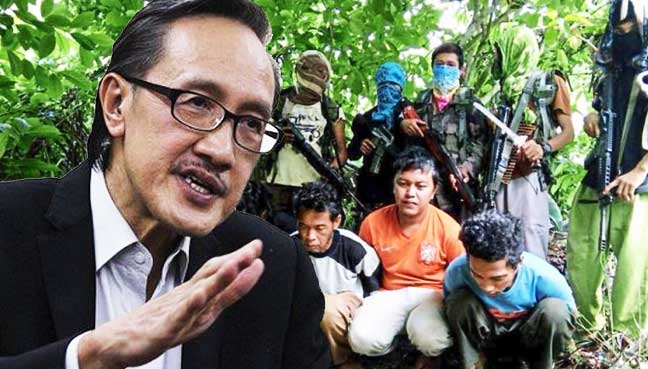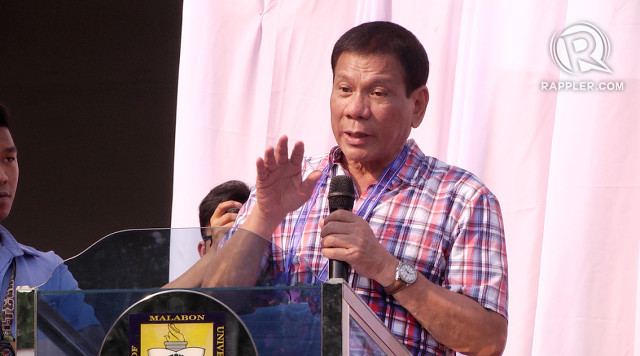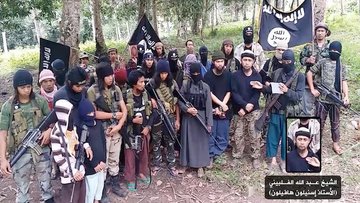Masidi Manjun says the full force of the law must be used on local villagers and weapons dealers who are profiting from kidnapping-for-ransom activities.

PETALING JAYA: While the world watches in horror as the sixth case of kidnapping-for-ransom is reported this year alone in Sabah, minister Masidi Manjun says it is becoming painfully apparent that locals are playing a heavy hand in the illegal activities and turning a tidy profit from it.
Commenting on how challenging the situation had become, Masidi, who is state tourism, culture and environment minister, was reported in news portal Malay Mail Online as saying local villagers and weapons dealers were likely to be involved as they stood to gain financially from the illegal activities.
“There are so many people involved, it is fast becoming a public-listed company,” he said during his speech at a workshop on marine environment and security at University Malaysia Sabah today.
He also said the authorities were pulling out all the stops to nab those involved but that the state’s security forces would be saddled with the burden of balancing aggressive and deadly response with human rights and diplomatic relations, the news portal reported.
Filipino militants have been suspected of boldly crossing the borders of Sabah to carry out kidnappings, with Masidi warning authorities including the Eastern Sabah Security Command (Esscom) to prepare for a surge in intrusions following heavy military action in Southern Philippines against the Abu Sayyaf’s stronghold on Jolo island.
“Everyone knows they (militants) will flee here, that will mean double trouble for us. They are armed and dangerous and some of them may already be here.
“All this while, we are asking them (Esscom) to protect our borders, but these people manage to slip in. If they are living here, then Esscom will be rendered ineffective,” the news portal quoted him as saying.
He also said that while regional talks between Philippines, Indonesia and Malaysia were ongoing, nothing concrete had emerged as yet apart from all three governments agreeing in principle to collaborate on maritime security.
“We need to turn this into actual action to be effective and soon. The consequences are too high a risk. And unfortunately, it is a risk some have been taking,” said Masidi.
The minister’s grave comments come in the wake of the latest kidnapping-for-ransom involving five Malaysian fishermen — Tayuddin Anjut, Mohd Ridzuan Ismail, Fandy Bakran, Mohd Zumadil Rahim and Abd Rahim Summas — who were taken by suspected militants near Dent Haven, Lahad Datu in July and who are still in captivity.
Their captors have allegedly demanded RM8.5 million for their release.
http://www.freemalaysiatoday.com/category/nation/2016/09/26/minister-says-sabahans-aiding-and-abetting-kidnappers/



